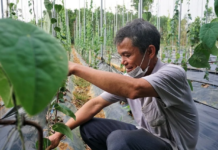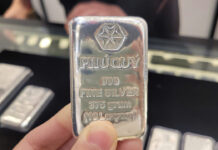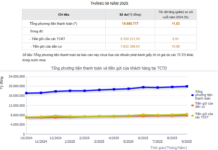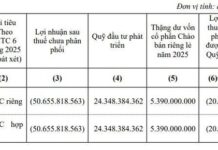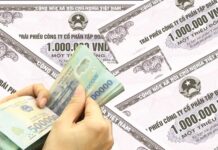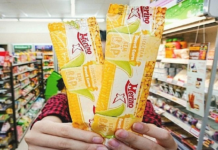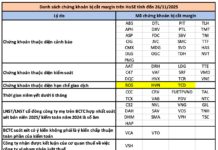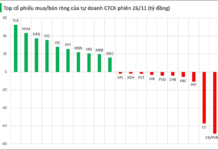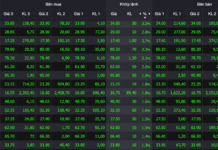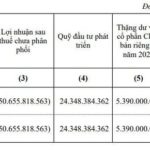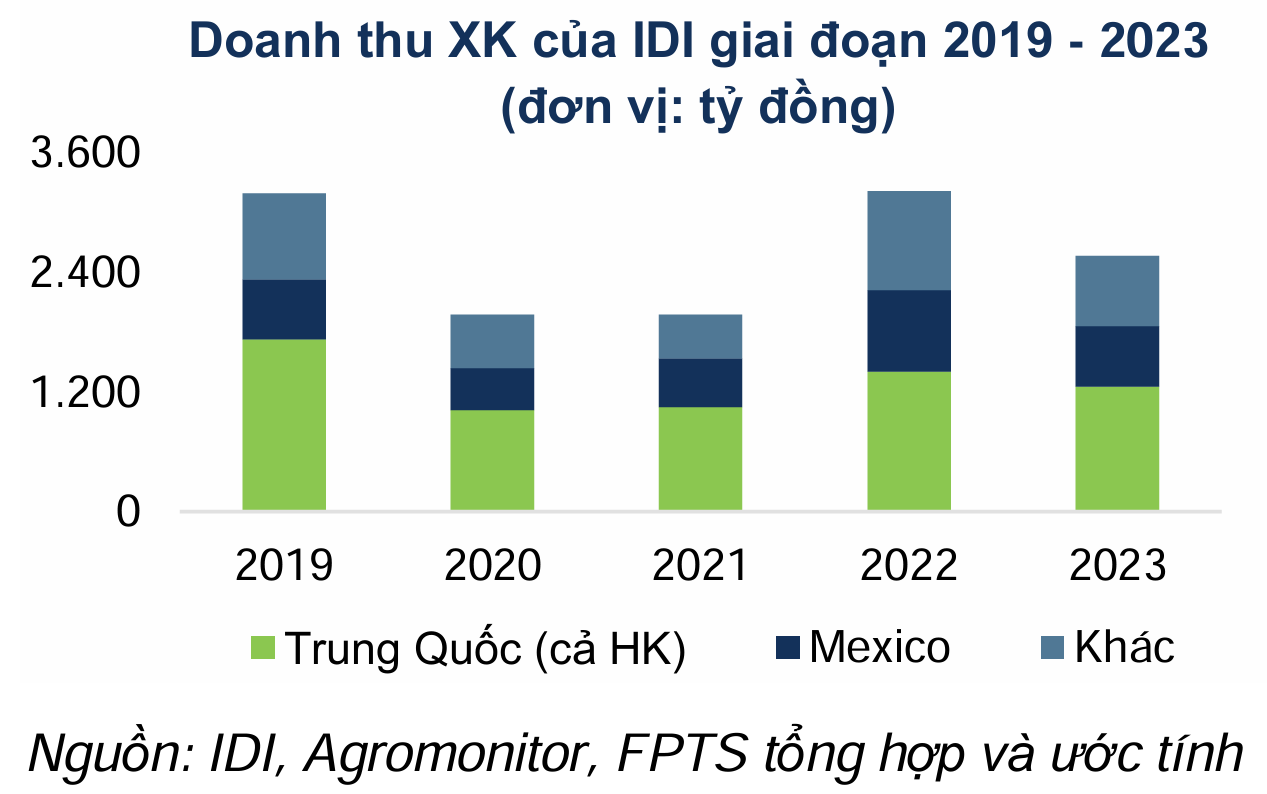“Vietnam, an agrarian country, faces annual agricultural produce surpluses due to inadequate and inefficient production methods. Specifically, only 20% of the produce is processed, while the remaining 80% is sold fresh. Additionally, the output often has a lower value than the input cost, resulting in low-value agricultural produce and challenging livelihoods for farmers,” shared Nguyen Thanh Hien as he pitched his startup, Chilica, on Shark Tank Vietnam Season 7.
Many hot sauce manufacturers worldwide process their products through heat treatment, cooking the chilies. This process diminishes the chilies’ original value, leading to a preference for fresh chilies among consumers. Chilica was born out of a desire to elevate the value of Vietnamese agricultural produce and provide a stable outlet for farmers’ yields.
With over 30 years of experience in microbiology, Chilica employs fermentation techniques in producing fresh chili sauces. The company uses rice vinegar and ferments the product for 12 months without any heat treatment, preserving the color and flavor of the raw ingredients while adhering to food safety standards.
This production method sets Chilica apart from other prominent hot sauce brands in the market. Another advantage lies in the use of Vietnamese chilies, renowned for their vibrant color and tangy spiciness.
Despite its recent establishment in June 2020, Chilica has already penetrated nine international markets, including Amazon. In 2023, the company generated a revenue of VND 23 billion with a profit of VND 6 billion. By 2023, Chilica had expanded its factory capacity tenfold, capable of processing 30 tons of fresh chilies daily. The factory holds international certifications, and the Chilica brand is protected in 35 countries.
Appearing on Shark Tank Vietnam, Chilica’s founder sought an investment of $500,000 for a 5% stake to fund additional machinery and increase raw material reserves.

Chilica’s fermented hot sauce product. Source: FB Chilica
“This is an opportunity for the Sharks to own the only fermentation factory in Vietnam and the third in the world that produces hot sauce through a non-heat treatment fermentation process. Our production process is 99% stable, we export our products, and we are profitable,” Hien pitched to the investors.
However, Shark Binh exclaimed, “That’s too high!” in response to the founder’s valuation, while Shark Minh inquired about the company’s VND 200 billion ($8.5 million) valuation.
Addressing Shark Minh’s query, Hien explained that their previous 1,000-square-meter factory operated at full capacity, generating VND 25 billion in revenue. Therefore, with a tenfold increase in area, a corresponding rise in revenue is expected.
The Sharks also raised concerns about the source of raw materials. Confidently, the startup asserted: “In the next 10-15 years, there won’t be a shortage of raw materials because chilies are always in surplus. We just need to ensure a stable outlet for the farmers’ produce.”

Based on the information provided by the startup, three out of five Sharks declined to invest, citing various reasons. Shark Minh lacked experience in this field, while Shark Phi Van believed the company was already stable and didn’t require much assistance. Shark Thai, on the other hand, invests in “unstable” companies, which contradicted Chilica’s assuredness.
Conversely, Shark Binh offered a deal of $500,000 for a 16% stake, driven by his aspiration to “make Vietnam the kitchen of the world.” Shark Hung, despite not making a deal, expressed his desire to become the startup’s partner in Europe, presenting two options: $500,000 for a 15% stake or $150,000 for a 5% stake, with the remaining capital to be negotiated during due diligence.
Determined to increase the Sharks’ valuation, Chilica’s founder invited them to visit the factory and refused to accept a deal at a lower valuation. Following this negotiation, the pair of Sharks further adjusted their offers. Shark Hung proposed a valuation of $500,000 for a 12.5% stake or $250,000 for a 5% stake, while the Next Tech Shark offered $1 million for a 25% stake. Ultimately, the startup declined these offers, and the deal fell through.
Shark Hùng Anh’s Tết Bonus: No More Gifting Female Employees with Scooters, They All Drive Cars Now!
In 2021, Shark Hùng Anh amazed many people by giving away a 1 billion VND car and 6 Honda SH motorcycles to his employees. This news came as a surprise, especially considering that it was during the time when the COVID-19 pandemic was starting to escalate, causing significant impacts on numerous businesses.


